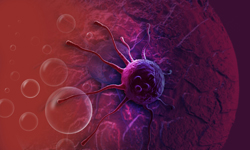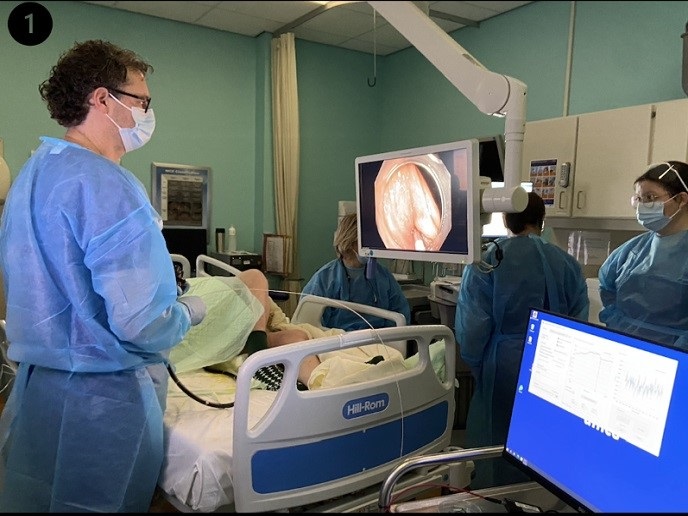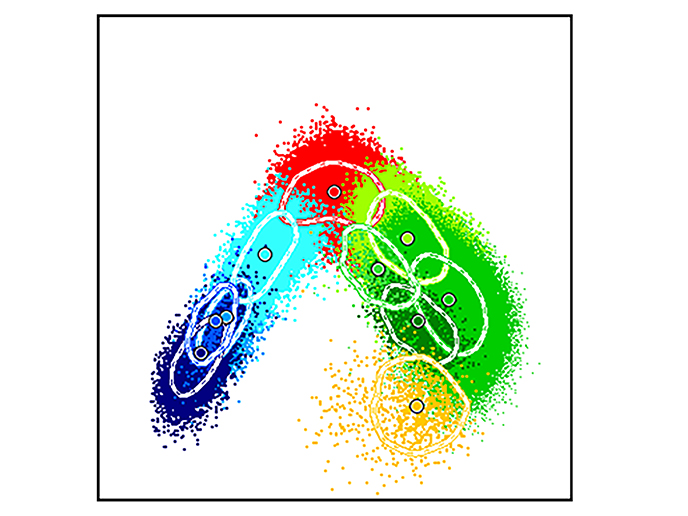Cancer therapy via metabolic flux analysis
The 'Metabolic flux analysis and cancer' (METAFLUX) project comprises an interdisciplinary European consortium that will train researchers in metabolic flux analysis for cancer diagnosis. Researchers will investigate changes in flux of cellular metabolites in response to drugs and cancer using in vitro and in vivo metabolomics. Metabolomics is the measurement of low-molecular–weight metabolites that indicate physiological or pathological states of organisms. Metabolic flux analysis (MFA) is a technique that employs advanced statistical and bioinformatic tools to generate dynamic metabolic profiles. In the first 2 years of the project, 16 early-stage researchers (ESRs) and an experienced researcher (ER) were recruited and received training. Relevant laboratory and research skills were imparted through training courses to cover metabolism, MFA, and nuclear magnetic resonance (NMR)-based analytical methods and mass spectrometry (MS). Transferable skills training in communication and listening skills, scientific writing and computer programming was also provided. Within a year of research, METAFLUX fellows published a paper with five additional papers in preparation. METAFLUX researchers successfully developed in vitro and in vivo methods using NMR and dynamic nuclear polarisation (DNP)-NMR in cancer models to study cellular metabolic flux. DNP-NMR systems were optimised through better dissolution systems and new substrates. Single-scan NMR combined with dissolution DNP-NMR enabled fast and sensitive metabolite measurements at low concentrations. Deregulated metabolites in cancers were identified after statistical analysis on existing disease data. Project fellows presented research results at international conferences such as the Keystone Symposium and EUROMAR 2012. Workshops were also held for the communication and dissemination of research results and introduction of techniques like NMR, DNP-NMR and gas chromatography (GC)-MS. Courses will also be offered on MFA technologies, computational flux modelling and drug discovery. Successful project outcomes will help elucidate the mechanisms in cancer for improved diagnosis and treatment through MFA on cell lines and animal models. Computational flux modelling could also aid in drug efficacy assessment. Knowledge gained will also place the EU ahead in metabolomics research.







